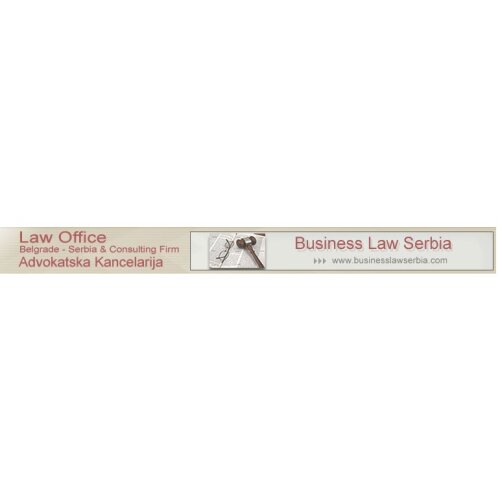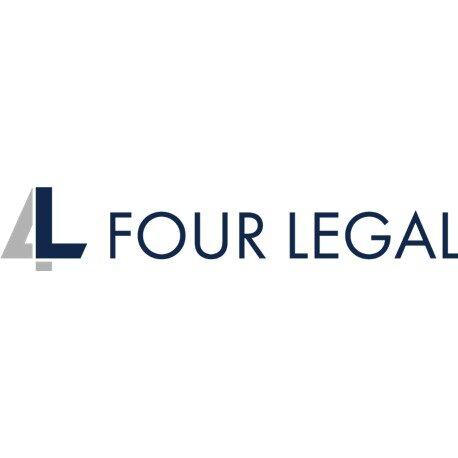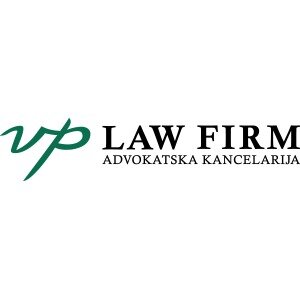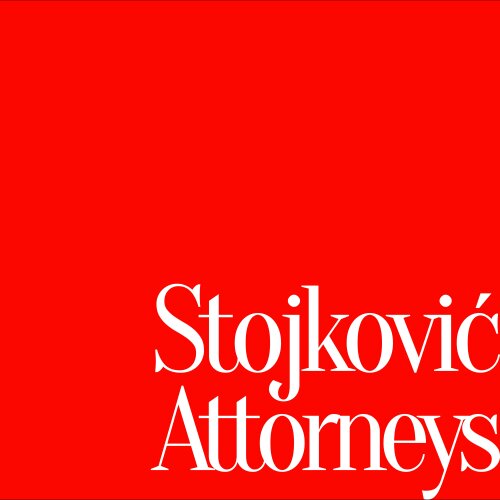Best Renewable & Alternative Energy Lawyers in Belgrade
Share your needs with us, get contacted by law firms.
Free. Takes 2 min.
List of the best lawyers in Belgrade, Serbia
Legal guides written by Business Law office - Advokatska Kancelarija:
- Why Invest In Serbia
About Renewable & Alternative Energy Law in Belgrade, Serbia
Renewable and alternative energy is a rapidly growing field globally and within Belgrade, Serbia. As efforts increase to reduce carbon emissions and transition to cleaner forms of energy, the legal landscape surrounding renewable resources such as solar, wind, biomass, and hydropower is evolving. In Belgrade, both national and local governments are actively encouraging investments in sustainable energy through supportive legislation, tax incentives, and streamlined permitting processes. However, navigating these legal complexities requires a deep understanding of both Serbian energy law and the specific regulations imposed by the City of Belgrade.
Why You May Need a Lawyer
Seeking legal assistance in the renewable and alternative energy sector can be crucial for several reasons. Common situations where individuals or businesses may require a lawyer include:
- Negotiating contracts for the sale, purchase, or lease of land intended for energy projects
- Applying for permits or licenses to construct or operate renewable energy facilities
- Understanding and taking advantage of government incentives, grants, or subsidies
- Ensuring compliance with environmental regulations and zoning requirements
- Resolving disputes between project developers, government agencies, or utilities
- Protecting intellectual property associated with energy technologies
- Facilitating cross-border investments or joint ventures in energy projects
- Advising on grid connection and power purchase agreements (PPAs)
Given the intricate and often changing legal framework, a qualified renewable energy lawyer can help safeguard your interests and prevent costly mistakes.
Local Laws Overview
Serbia's legal framework for renewable and alternative energy is primarily defined by the Law on Energy and the Law on the Use of Renewable Energy Sources. These laws set forth the regulatory standards for the construction, operation, and connection of renewable energy facilities to the national grid. Key aspects relevant to Belgrade include:
- Licensing and permitting: All projects must secure the necessary permits from local authorities and regulatory bodies such as the Energy Agency of the Republic of Serbia (AERS)
- Feed-in tariffs and auction schemes: Serbia offers incentives and subsidies for qualified renewable energy producers, but conditions vary depending on project size and technology
- Grid access: Rules dictate how renewable installations connect to the national electric grid, including technical, safety, and financial requirements
- Environmental impact assessments: Most projects require a detailed environmental evaluation prior to approval
- Local zoning and urban planning: The City of Belgrade has additional regulations related to land use, construction standards, and integration of renewables into urban areas
Staying informed about these laws is essential for legal and successful project development in Belgrade.
Frequently Asked Questions
What types of renewable energy projects are most common in Belgrade?
The most common projects involve solar photovoltaic installations, small-scale wind turbines, biomass plants, and mini-hydropower stations. Solar energy is particularly popular for both residential and commercial use in Belgrade.
Do I need a permit to install a solar panel system on my property?
Yes, permits are generally required for solar installations, especially for larger systems connected to the grid. The process may include obtaining approvals from municipal urban planning offices and the relevant energy authority.
What incentives are available for renewable energy projects in Belgrade?
Incentives can include feed-in tariffs, subsidies, grants, and tax relief provided by the government, subject to specific eligibility requirements and project capacities.
How do I connect my renewable energy system to the national grid?
You must apply for grid connection with the Serbian transmission system operator. This includes meeting technical standards, submitting required documentation, and possibly signing a power purchase agreement.
Who regulates renewable energy activities in Belgrade?
Regulation is overseen by national bodies such as the Ministry of Mining and Energy, the Energy Agency of the Republic of Serbia (AERS), and local authorities in Belgrade.
What is a power purchase agreement (PPA)?
A PPA is a legal contract between a renewable energy producer and an off-taker (often a utility company), outlining terms for the sale and purchase of electricity generated by the project.
Can foreign investors participate in renewable energy projects in Belgrade?
Yes, foreign investors are allowed and encouraged to participate in renewable energy projects in Serbia. Specific legal and administrative steps apply, including company formation and compliance with investment laws.
What are the main environmental regulations affecting renewable energy projects?
Projects must comply with national and local environmental protection laws, which usually require environmental impact assessments and ongoing monitoring to minimize negative effects.
How long does it take to get all the necessary permits and start constructing a renewable energy facility?
Timelines vary based on project size, location, and regulatory requirements. Smaller projects can sometimes start within several months, while larger projects may take a year or more for full approval.
What legal risks should I be aware of when starting a renewable energy project?
Risks include permit denials, delays due to public opposition, disputes over land use or grid access, changes in regulatory framework, and contractual disagreements. Consulting a lawyer early can help mitigate these risks.
Additional Resources
Those seeking guidance can contact or consult with the following authorities and organizations:
- Ministry of Mining and Energy of the Republic of Serbia
- Energy Agency of the Republic of Serbia (AERS)
- City of Belgrade Department for Energy
- Serbian Chamber of Commerce - Energy Association
- Regional Environmental Center for Central and Eastern Europe
- Local law firms specializing in energy and environmental law
These resources offer detailed information, official guidelines, and support for anyone involved in renewable energy activities.
Next Steps
If you need legal assistance in the field of renewable and alternative energy in Belgrade, consider the following steps:
- Identify the specific nature of your project or concern, such as licensing, contracting, dispute resolution, or regulatory compliance
- Gather all related documents, permits, contracts, and correspondence
- Reach out to qualified lawyers or law firms with experience in energy and environmental law in Serbia
- Consult relevant governmental bodies for official procedures and up-to-date regulations
- Consider joining professional associations or networks for updates and support in the renewable energy sector
Legal guidance can help ensure your renewable energy project in Belgrade proceeds smoothly, remains compliant with all laws, and achieves long-term success.
Lawzana helps you find the best lawyers and law firms in Belgrade through a curated and pre-screened list of qualified legal professionals. Our platform offers rankings and detailed profiles of attorneys and law firms, allowing you to compare based on practice areas, including Renewable & Alternative Energy, experience, and client feedback.
Each profile includes a description of the firm's areas of practice, client reviews, team members and partners, year of establishment, spoken languages, office locations, contact information, social media presence, and any published articles or resources. Most firms on our platform speak English and are experienced in both local and international legal matters.
Get a quote from top-rated law firms in Belgrade, Serbia — quickly, securely, and without unnecessary hassle.
Disclaimer:
The information provided on this page is for general informational purposes only and does not constitute legal advice. While we strive to ensure the accuracy and relevance of the content, legal information may change over time, and interpretations of the law can vary. You should always consult with a qualified legal professional for advice specific to your situation.
We disclaim all liability for actions taken or not taken based on the content of this page. If you believe any information is incorrect or outdated, please contact us, and we will review and update it where appropriate.

















